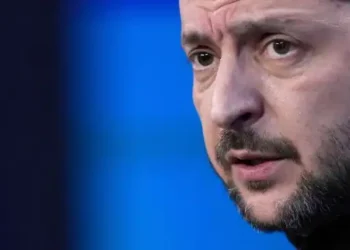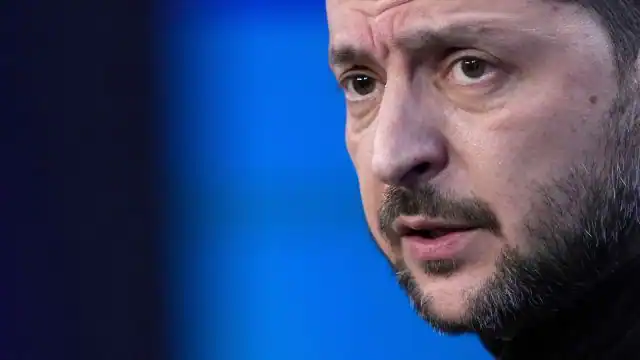The Executive Director of the Africa Centre for Energy Policy (ACEP), Benjamin Boakye, has urged Ghana’s media and civil society organisations to intensify their scrutiny of public spending, warning that inefficiency and misplaced priorities continue to undermine the country’s development.
Speaking at a two-day ACEP Media Fellowship in Accra, Mr. Boakye argued that Ghana has the fiscal space to significantly transform its infrastructure and social services if resources are better tracked and allocated.
He projected that with effective monitoring and improved governance, the country could mobilise an additional GH₵2 billion in revenue next year, and as much as GH₵50 billion over the next few years.
“If we optimise resource use, we can build the hospitals, schools, and roads this country needs. But if we keep wasting resources on fanfare and misplaced priorities, people will continue to die unnecessarily.”
Benjamin Boakye, Executive Director of the Africa Centre for Energy Policy (ACEP)
Mr. Boakye lamented that despite an annual budget of around GH₵50 billion, Ghana still struggles to procure basic medical equipment.
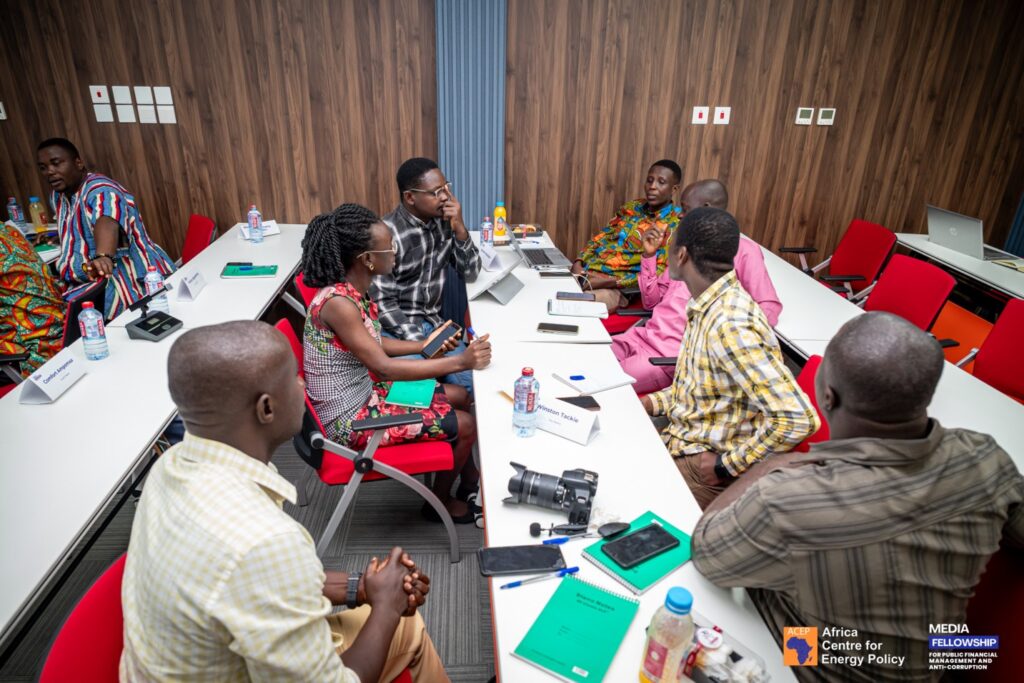
He highlighted cases where essential laboratory tools, many costing less than $10 million remain unavailable, forcing health institutions to outsource tests abroad.
“Governments will prioritise anything, but what impacts you? If they need to have a fanfare, they will do that immediately and spend money on it. But when it comes to saving lives with basic equipment, we hesitate.”
Benjamin Boakye, Executive Director of the Africa Centre for Energy Policy (ACEP)
He further cited inefficiencies in public service delivery that have directly cost lives, including inadequate ambulance services and under-resourced hospitals.
Beyond the health sector, the ACEP Director painted a disturbing picture of waste in publicly funded infrastructure projects.
He recalled seeing unsafe school buildings where pupils are barred from upper floors for fear of collapse, and offices constructed without proper slabs or reinforcement.
Mr. Boakye said, “These are projects executed with public funds, under the supervision of engineers, yet the results are dangerously inadequate,” adding that such inefficiencies amount to putting citizens at risk while draining scarce resources.
He insisted that accountability must move beyond budget announcements and focus on whether investments truly improve lives.
Media as Watchdogs of Accountability
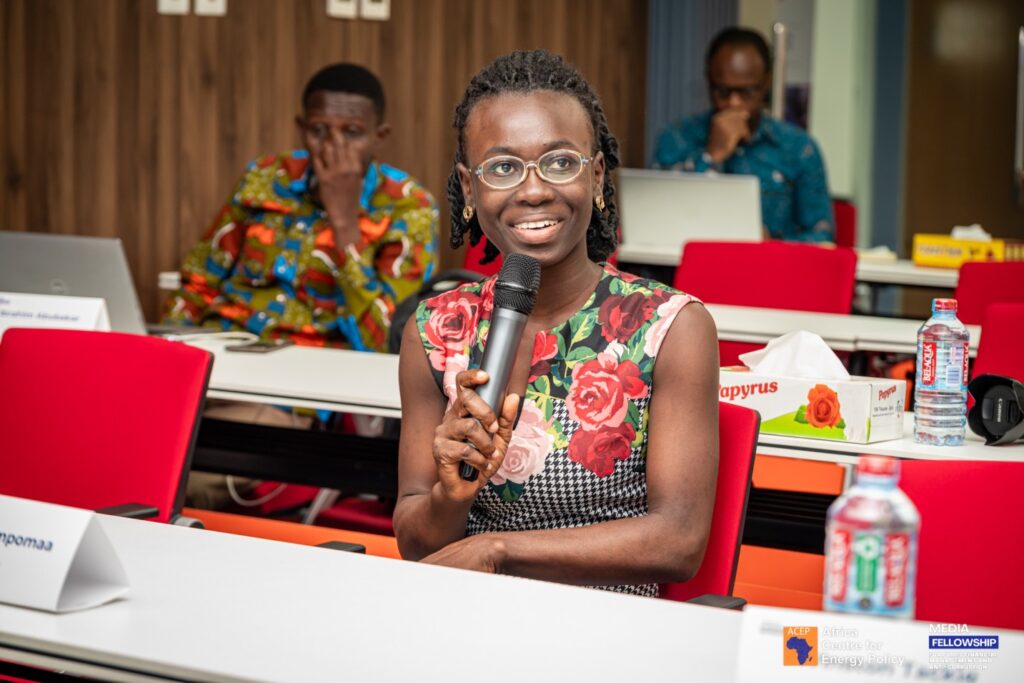
Mr. Boakye challenged journalists to become relentless watchdogs, arguing that the transformation Ghana needs hinges on a vigilant media capable of exposing inefficiencies and corruption.
“We are depending on you to take up the hard job of monitoring and examining the delivery of public services.
“This is just the beginning. We must improve governance to improve the lives of our people.”
Benjamin Boakye, Executive Director of the Africa Centre for Energy Policy (ACEP)
The call aligns with the rationale behind the ACEP Media Fellowship, which aims to build the capacity of journalists to track public spending, investigate corruption, and amplify citizen voices in the governance process.
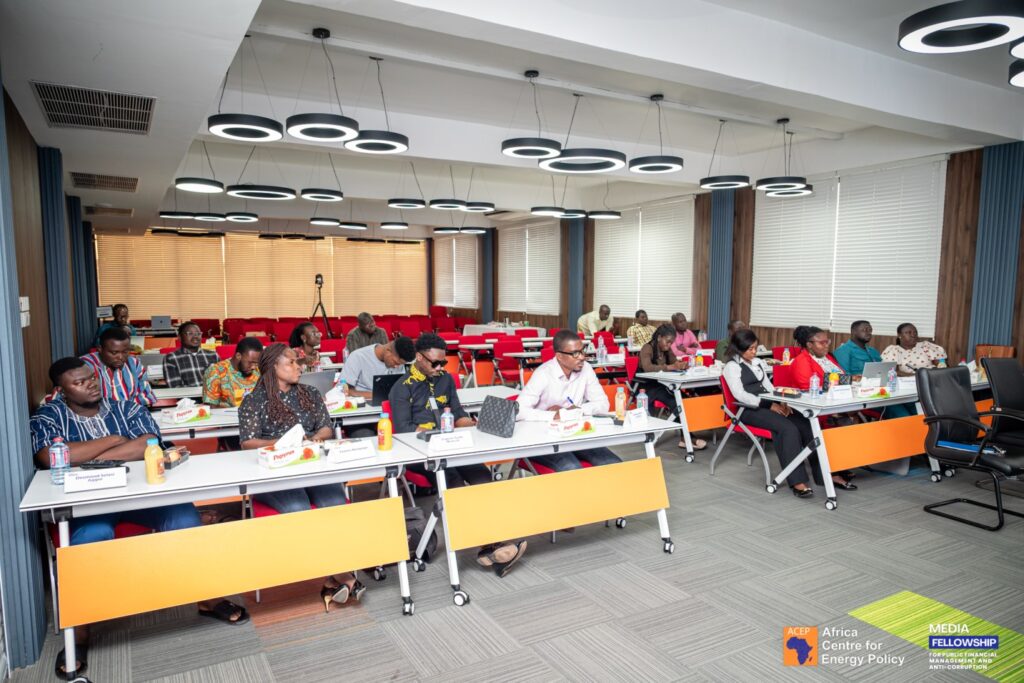
According to the programme’s framework, the fellowship seeks to bridge key gaps that hinder the media’s watchdog role, including limited access to timely data, inadequate training in investigative reporting, and growing threats to press freedom.
During the two-day fellowship, selected journalists received training in fiscal reporting, extractive governance, and investigative techniques, alongside engagements with key accountability institutions such as the Ghana Revenue Authority, Parliament’s Public Accounts Committee, and civil society groups.
The initiative, according to ACEP, is part of a long-term strategy to strengthen Ghana’s journalism ecosystem and foster systemic reforms in governance.
The fellowship also provided mentorship and access to data to enable journalists to produce impactful investigations that can provoke public debate and influence policy.
Broader Accountability Agenda
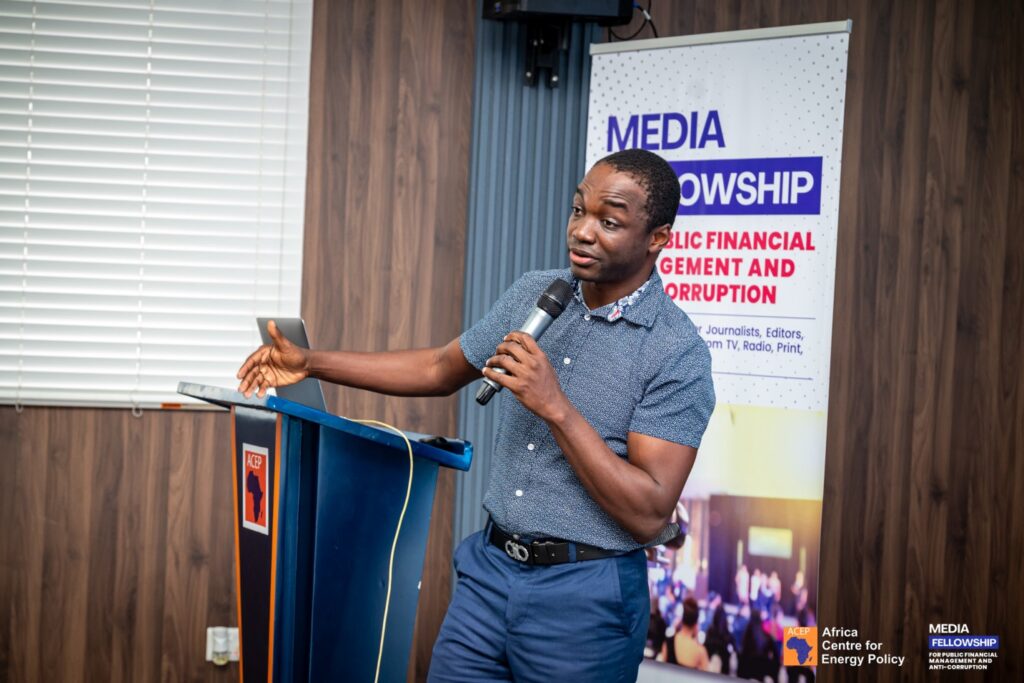
Mr. Boakye emphasised that accountability is not about charity from politicians but about ensuring value for taxpayers’ money.
“The taxes we pay should deliver value. If we fail to demand it, the cycle of poor service delivery will continue.”
Benjamin Boakye, Executive Director of the Africa Centre for Energy Policy (ACEP)
He stressed that by exposing corruption and demanding better governance, the media can help redirect resources from waste into essential projects that save lives and drive development.
The ACEP Media Fellowship is designed with this vision in mind. Its long-term outcomes include improved scrutiny of public spending, stronger media-CSO partnerships, and increased citizen action on corruption and fiscal mismanagement.
Mr. Boakye reiterated that Ghana’s real challenge is not the absence of money but the failure to prioritise correctly. He called for reforms in how resources are allocated, projects are monitored, and accountability is enforced.
“We have the resources to transform this country. But transformation will only happen if we stop the bleeding, track the funds, and invest in what truly matters for our people.”
Benjamin Boakye, Executive Director of the Africa Centre for Energy Policy (ACEP)
The fellowship closed with a renewed commitment from participants to push the boundaries of accountability journalism, with ACEP pledging continued support to amplify their efforts.
READ ALSO: Ghana Set to Smash All 2025 Economic Targets – IC Research Hails Strong H1 Performance


